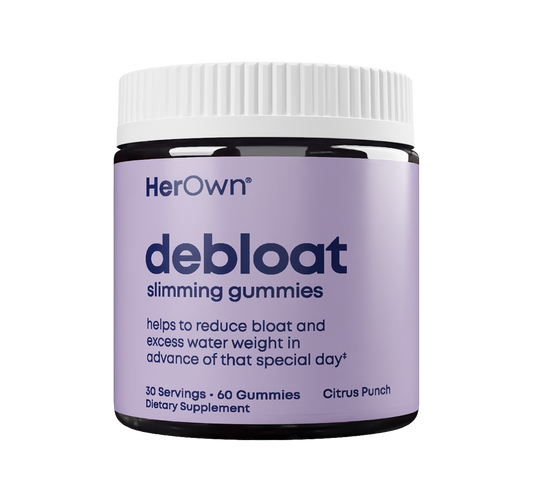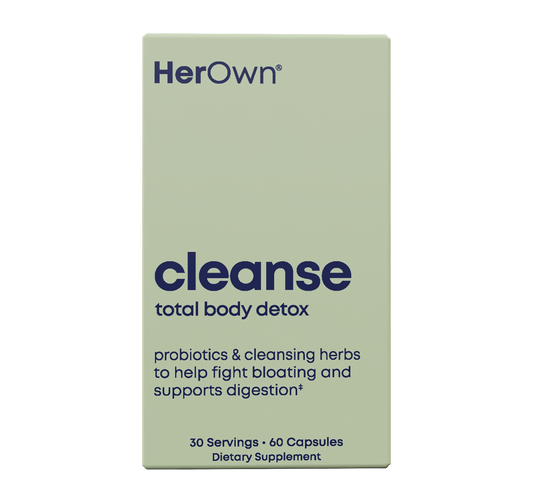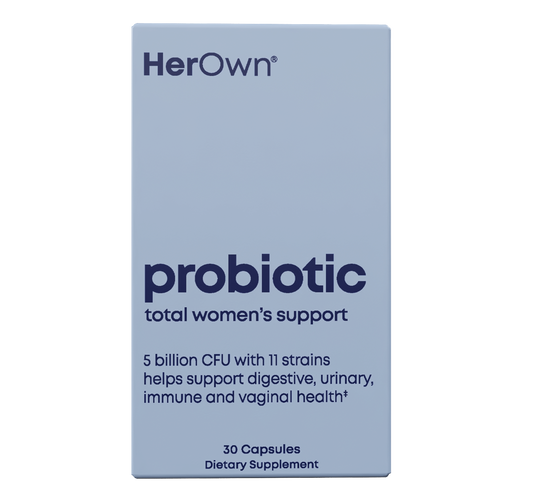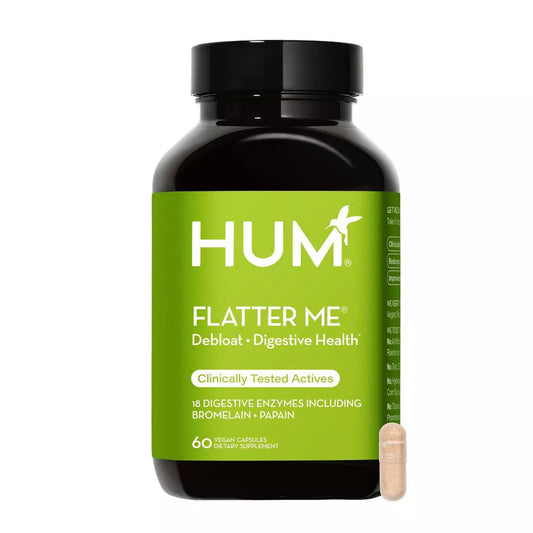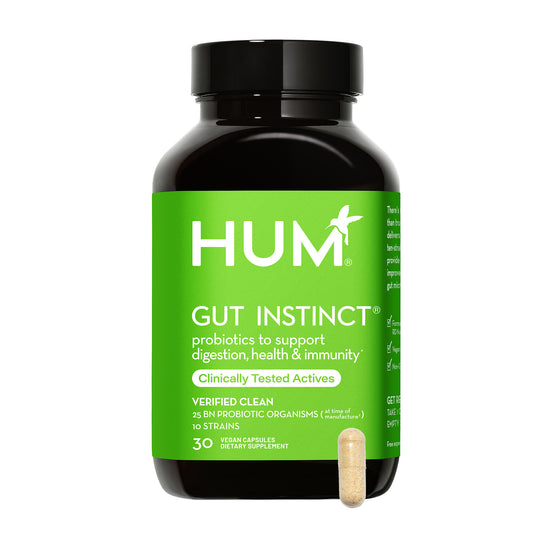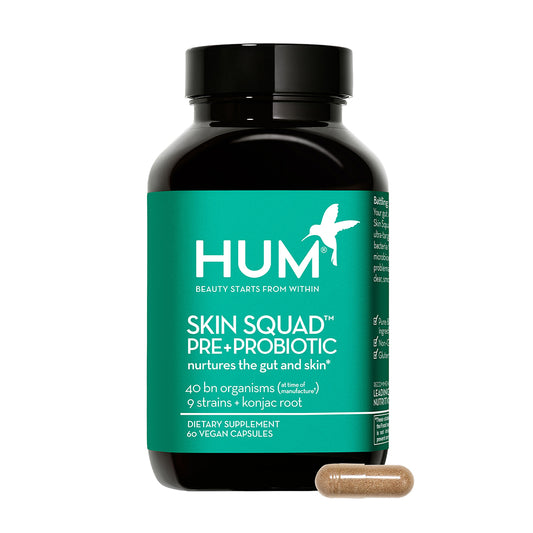-
Vendor:Her Own
Debloat Slim & Tone, 30 Gummies
Regular price $17.99Regular priceUnit price per -
Vendor:Her Own
Cleanse Supplement Detox & Regulate, 30 Capsules
Regular price $17.99Regular priceUnit price per -
Vendor:Her Own
Probiotic Supplement Light & Clean, 30 Capsules
Regular price $17.99Regular priceUnit price per -
Vendor:HUM Nutrition
Flatter Me Supplement, 60 Capsules
Regular price $26Regular priceUnit price per -
Vendor:HUM Nutrition
Gut Instinct Supplement, 30 Capsules
Regular price $26Regular priceUnit price per -
Vendor:HUM Nutrition
Pro ACV (Apple Cider Vinegar) Supplement, Apple, 60 Gummies
Regular price $26Regular priceUnit price per -
Vendor:HUM Nutrition
Skin Squad Supplement, 60 Capsules
Regular price $40Regular priceUnit price per

Q&A with Dr. Liss
What are some common gut health issues during menopause?
Learn
Your gut’s talking. We’re listening.
Discover how menopause affects digestion and gut health and find ways to restore balance.

Q&A with Dr. Liss, OB-GYN
What are some ways to improve gut health during menopause?
Can changing my diet help with gut health issues during menopause?
Can menopause affect gut health?
How can probiotic supplements help with menopause gut health?
What are some natural ways to support gut health during menopause?
Can menopause cause irritable bowel syndrome (IBS) symptoms?
What are some probiotic strains that can help with menopause gut health?
Can weight gain during menopause affect gut health?
What are some signs of an unhealthy gut during menopause?
What are some foods to avoid to prevent menopause stomach issues?
How can I support my overall digestive system during menopause?
What are some tips for managing digestive problems during menopause?
How can I improve my gut microbiome during menopause?
What are gut health supplements and how can they help during menopause?















